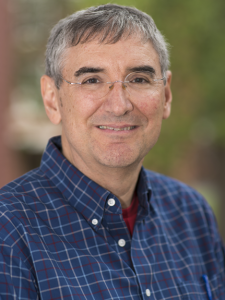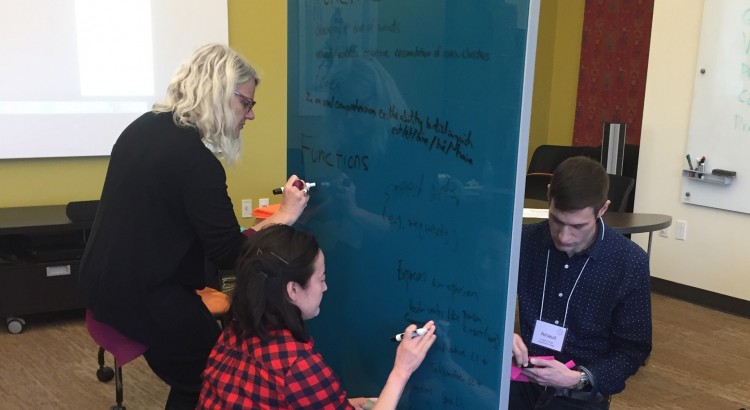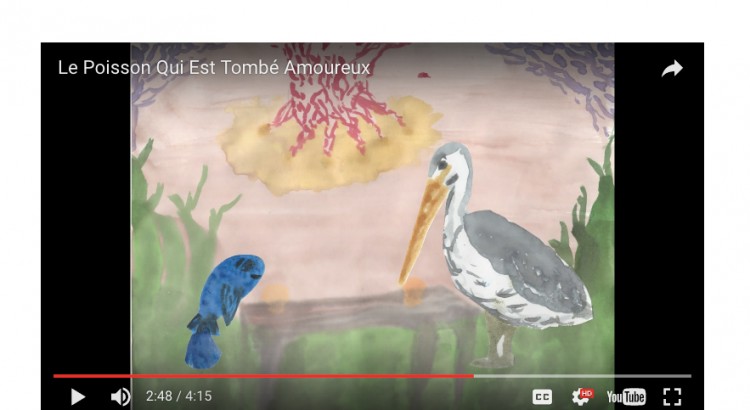Access, collaboration, and prisons – three words one is unlikely to see in the same context. Yet the American Prison Writing Archive (APWA) works collaboratively to provide access to the witness borne by people in prison today. Directed by Doran Larson, Walcott-Bartlett Professor of Literature & Creative Writing at Hamilton College, the APWA is a continually growing online archive of essays written by incarcerated people and prison workers. The APWA provides access to the lived experiences of those inside these closed systems. These essays unveil the prisons we have constructed. We expect them to mete out justice. What we find in each essay is something much less noble.
Reading any single essay is a powerful experience; reading across essays offers the outlines and interiors of a city just smaller than Chicago.
While emerging from the American archipelago of over 6,000 carceral institutions, the cityscape we discover is as cohesive as that of our Chicago, LA, or New York. But this is a city dedicated to the production of pain. (See Larson’s Fourth City: Essays from the Prison in America, and his MOOC on the history of prison writing in the US.)
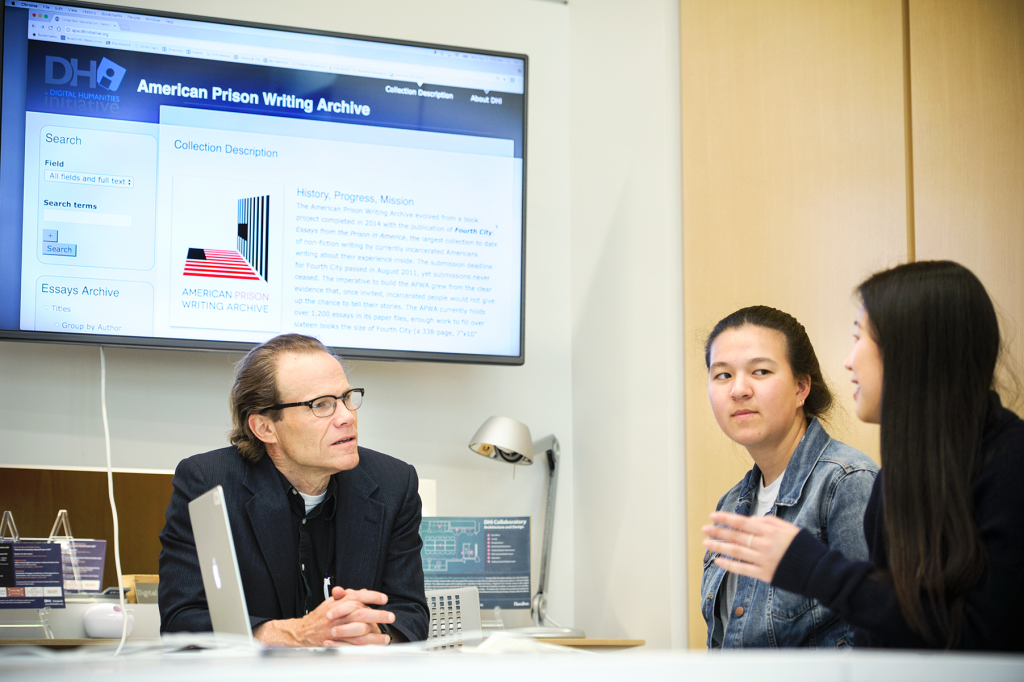
Larson began working with the Digital Humanities Initiative (DHi) at Hamilton College to develop an online, open access archive of prison essays in 2010. In December 2017, the APWA reached two important milestones: 1) over 1000 essays are now online; and 2) a transcription tool was developed to crowdsource transcription of the primarily handwritten essays. The transcription tool increased the ability of transcribers anywhere to request an account and contribute to transcriptions that allow full text searching of the archive. With over twenty new essay submissions and associated signed permission questionnaires per month, the APWA team has focused on processing submissions, correspondence, digitization, and metadata entry. Volunteer transcribers continue the practice of collaboration that fuels every aspect of the APWA. The NEH grant Larson received this past year contributed to the development of this transcription tool and also supports an administrative assistant working for the archive. Collaboration is woven into all of the work of this archive: from Larson’s work within and across institutions to maintain prison writing programs, to the team ethos of the DHi Collection Development Team in developing and sustaining the growing archive, to the research of undergraduate students, faculty and graduate students who can use the archive from other institutions. Read More
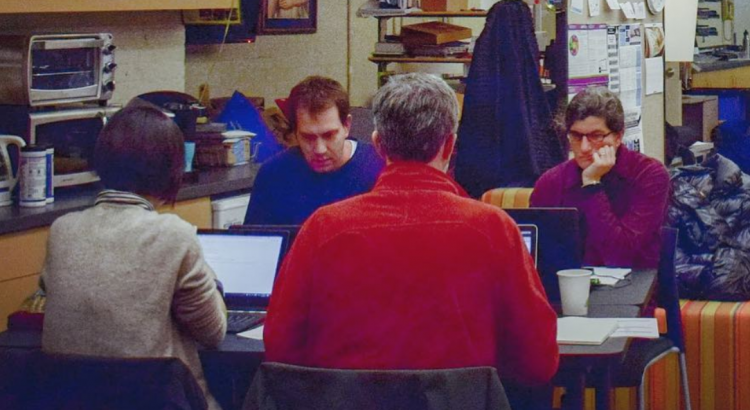
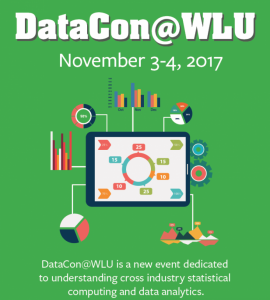 Reflecting on the experience, DataCon co-organizer
Reflecting on the experience, DataCon co-organizer 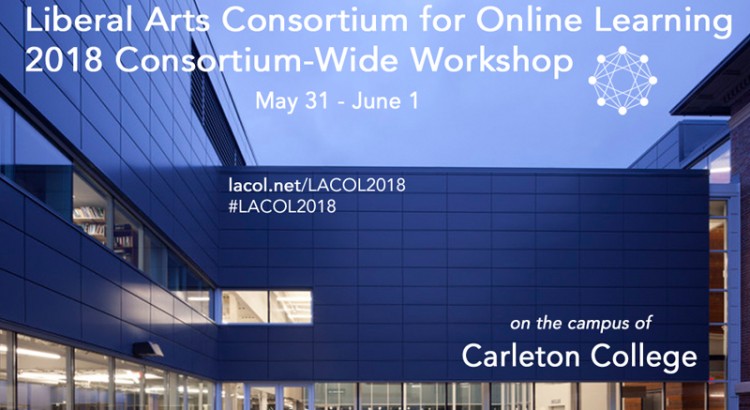
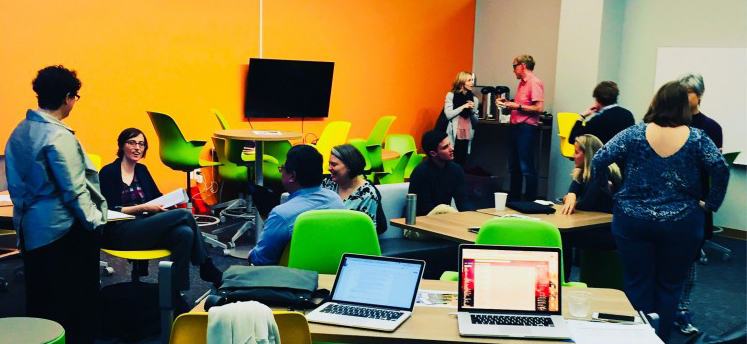
 • See
• See 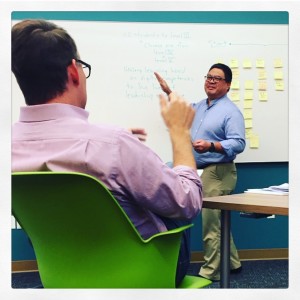
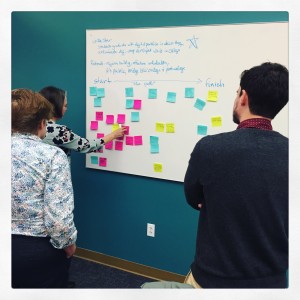 The main outcomes from this workshop will be to create a community of practice around design, development, and facilitation of digital competency/dexterity/fluency programs in the liberal arts and to identify ongoing ways of sharing program models and resources. Individual institutional teams will also be able to adapt and expand Bryn Mawr’s digital competencies framework as appropriate for local contexts. We hope that LACOL and other LAC partners might also at some point build on the BMC digital competencies framework as an expression of foundational capabilities that we agree on across liberal art institutions as relevant for scholarship, learning, work, and life in the digital age. A shared framework can provide a pathway to accelerate stated LACOL goals for creative collaboration in digital experimentation, faculty development, and research.
The main outcomes from this workshop will be to create a community of practice around design, development, and facilitation of digital competency/dexterity/fluency programs in the liberal arts and to identify ongoing ways of sharing program models and resources. Individual institutional teams will also be able to adapt and expand Bryn Mawr’s digital competencies framework as appropriate for local contexts. We hope that LACOL and other LAC partners might also at some point build on the BMC digital competencies framework as an expression of foundational capabilities that we agree on across liberal art institutions as relevant for scholarship, learning, work, and life in the digital age. A shared framework can provide a pathway to accelerate stated LACOL goals for creative collaboration in digital experimentation, faculty development, and research.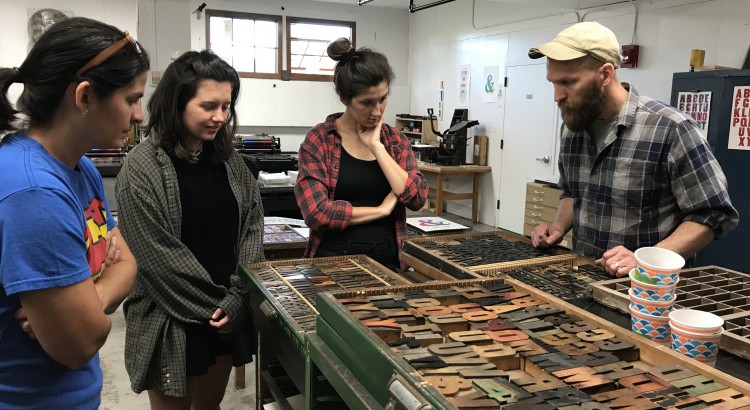
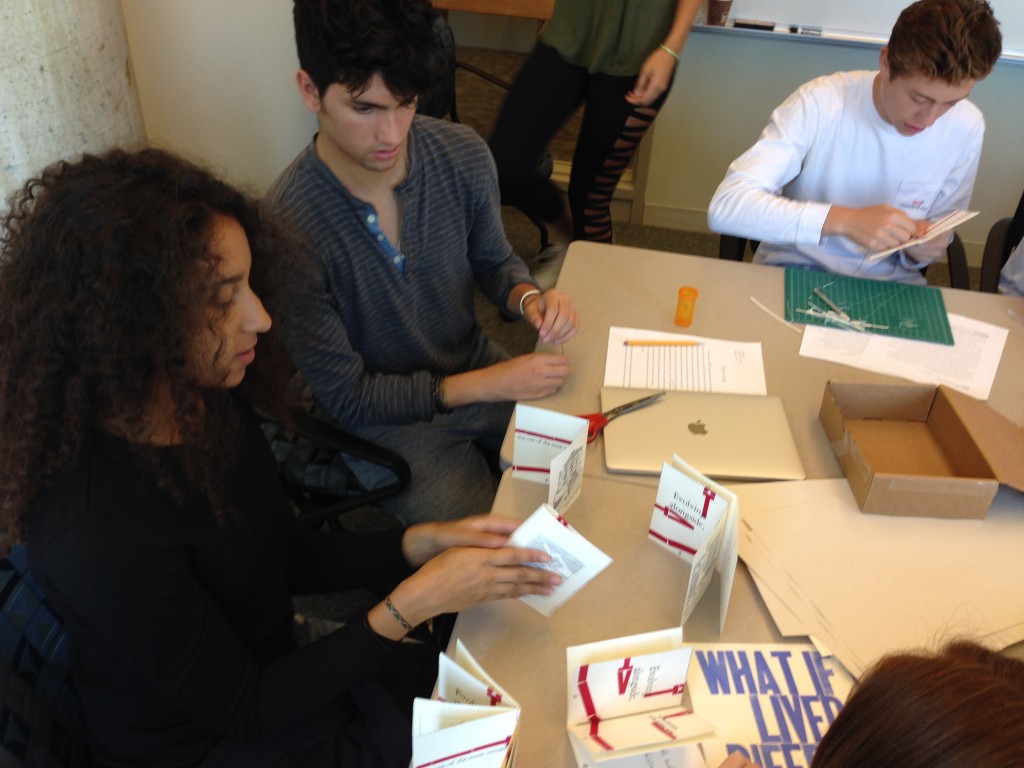
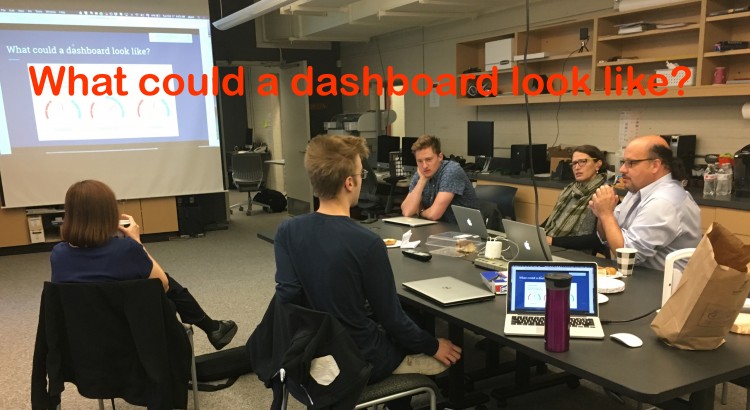
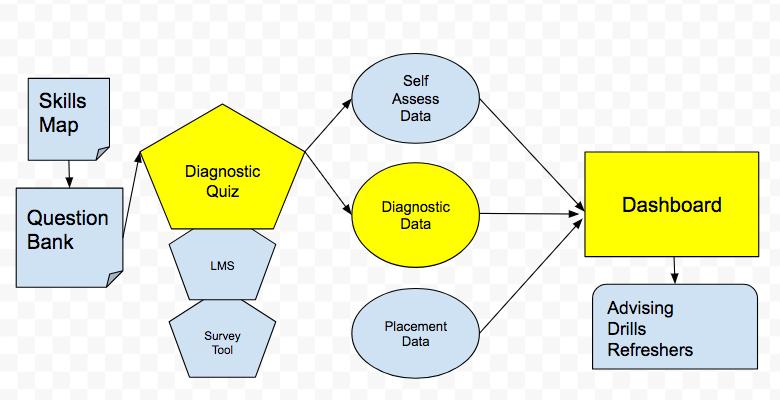
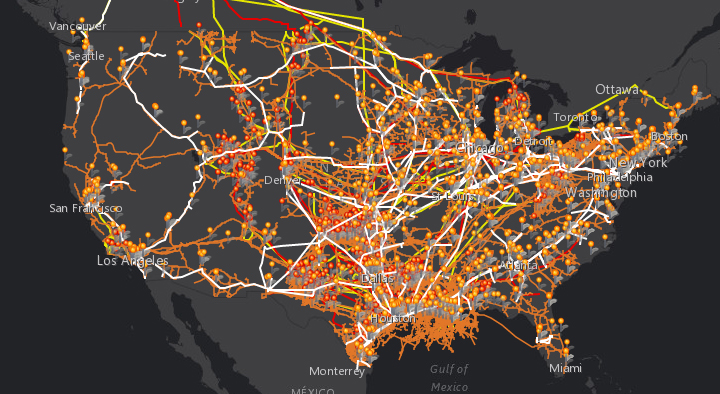
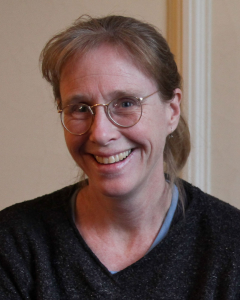
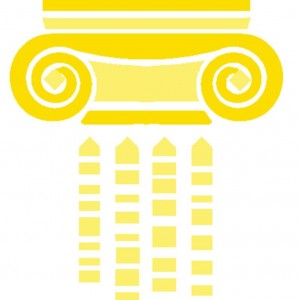 When Bryn Mawr College first proposed experimenting with “blended learning in the liberal arts” back in 2011, we conceptualized it as a combination of “traditional,” face-to-face, liberal arts instruction and online tutorials that assessed and gave students feedback on learning. However, in the initial calls for proposals, it became quickly apparent that liberal arts college faculty were incorporating other types of digital technologies into their teaching, and doing so ways we had not anticipated. This presentation surveys the digitally enabled teaching approaches that have been included under the “blended learning” umbrella since 2011 and identifies “digital pedagogies” that might connect them.
When Bryn Mawr College first proposed experimenting with “blended learning in the liberal arts” back in 2011, we conceptualized it as a combination of “traditional,” face-to-face, liberal arts instruction and online tutorials that assessed and gave students feedback on learning. However, in the initial calls for proposals, it became quickly apparent that liberal arts college faculty were incorporating other types of digital technologies into their teaching, and doing so ways we had not anticipated. This presentation surveys the digitally enabled teaching approaches that have been included under the “blended learning” umbrella since 2011 and identifies “digital pedagogies” that might connect them.